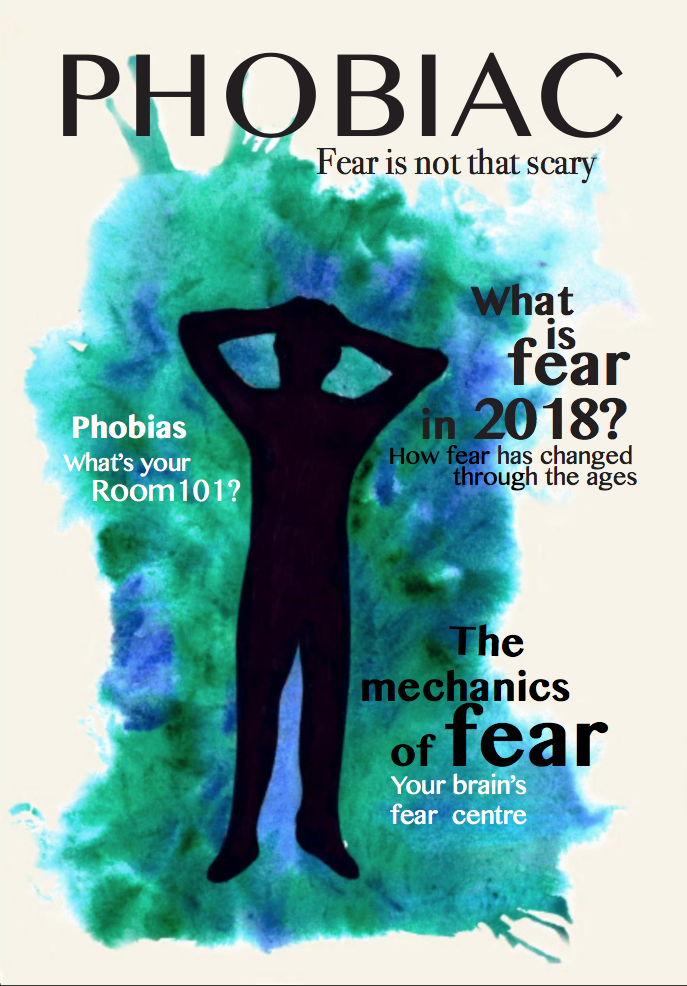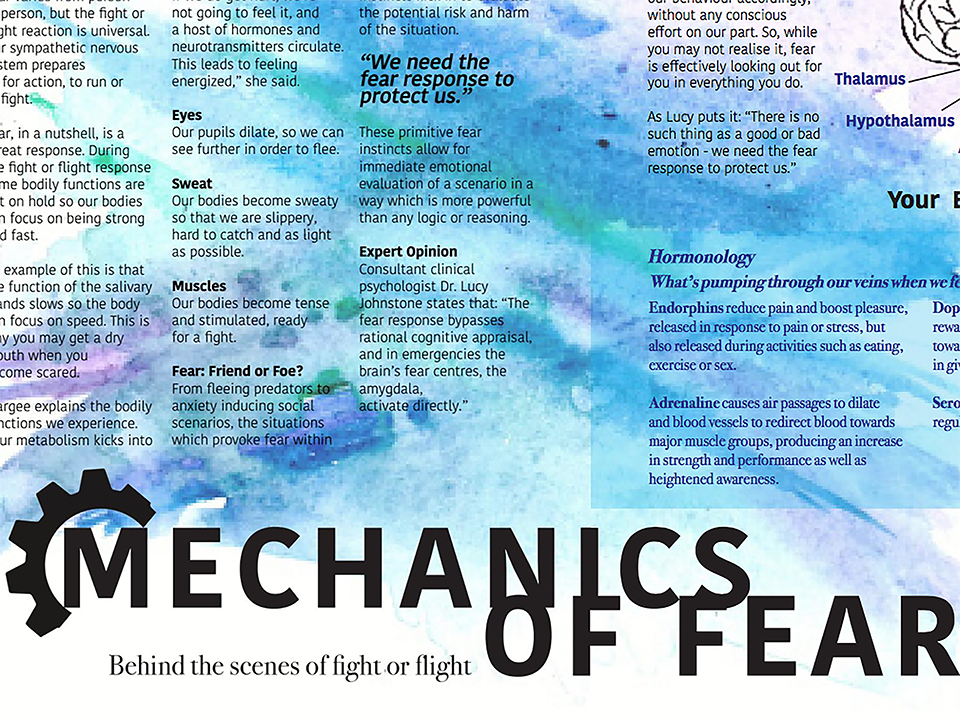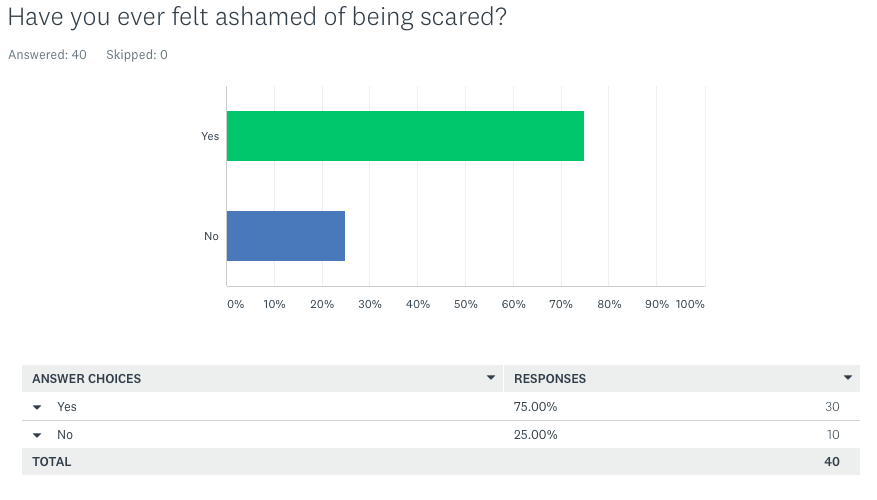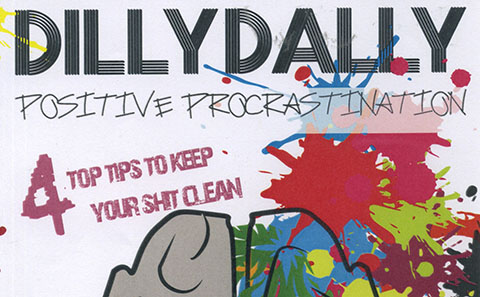Doing it for the thrill
Sometimes we like being scared

The new Phobiac Magazine cover
Fear in popular culture
In 2016, Netflix released the first episode of Stranger Things, a science-fiction horror series, which was watched by 15.8 million people in the first three days.
In 2017, high street book retailer Waterstones saw a 33% increase in sales of horror fiction.
In 2018, UK theme park Alton Towers has announced it’s “most ambitious” rollercoaster yet, which cost £16m and took four years to manufacture.
The hormones which rush through our bodies when we experience fear creates a thrilling feeling which has the ability to consume our entire being.
Phobiac contact, sociologist Margee Kerr, said that when we are experiencing fear in an environment where we know that the threat is not real – such as watching a horror film – we can relax and enjoy this all consuming thrill, escaping any other real stresses or anxieties we might have.
A new magazine reveals why being scared is nothing to be ashamed of by exploring the role fear plays in our lives

Phobiac magazine launches today
In a recent poll carried out by alt.cardiff, as many as 75% of people admitted to having felt ashamed of being scared.
The poll indicates that fear is viewed as a negative emotion, as something that is shameful and not to be talked about.
The survey was conducted in response to the launch of the new magazine, Phobiac. Sporting the tagline “fear is not that scary”, the magazine seeks to educate readers about fear in order to help people cope with this emotion.

This poll was conducted on social media between 9-10 December 2018
The magazine, launching online today, includes a section that delves into public opinions of fear in the form of a street interview. The aim is to open up the dialogue around fear and get people talking.
It was found that Cardiff residents had varied experiences of fear and opinions were diverse.
“You should often be put out you out of your comfort zone. Comfort zones are fine but it’s fun to push the threshold. But I think fear goes beyond that.” Dave Batt, 33, art gallery owner.
“Sometimes it can be a good thing, you can conquer your fear and better yourself as a person.” Jane Harrad, 28, hotel supervisor.
“Fear can hold people back but you also need it to avoid being reckless. If you didn’t give a damn you would go 120 miles per hour in a car!” Glyn Smith, 71, retired.
An introduction to Phobiac
Phobiac magazine also covers the biological reasons we feel fear. It discusses how fear can have a positive impact in threatening situations.
Adrenaline: the superhuman hormone?
In 2012, a 22 year old woman in Virginia lifted a BMW when she found her father had become trapped underneath it while fixing a tyre. “Hysterical strength” is a rare phenomenon by which an adrenaline rush, provoked by fear, allows individuals to achieve levels of strength which seem humanly impossible.
As well as making us superhuman, without fear, we would not be human.
Doing it for the thrill
Sometimes we like being scared

The new Phobiac Magazine cover
Fear in popular culture
In 2016, Netflix released the first episode of Stranger Things, a science-fiction horror series, which was watched by 15.8 million people in the first three days.
In 2017, high street book retailer Waterstones saw a 33% increase in sales of horror fiction.
In 2018, UK theme park Alton Towers has announced it’s “most ambitious” rollercoaster yet, which cost £16m and took four years to manufacture.
The hormones which rush through our bodies when we experience fear creates a thrilling feeling which has the ability to consume our entire being.
Phobiac contact, sociologist Margee Kerr, said that when we are experiencing fear in an environment where we know that the threat is not real – such as watching a horror film – we can relax and enjoy this all consuming thrill, escaping any other real stresses or anxieties we might have.



